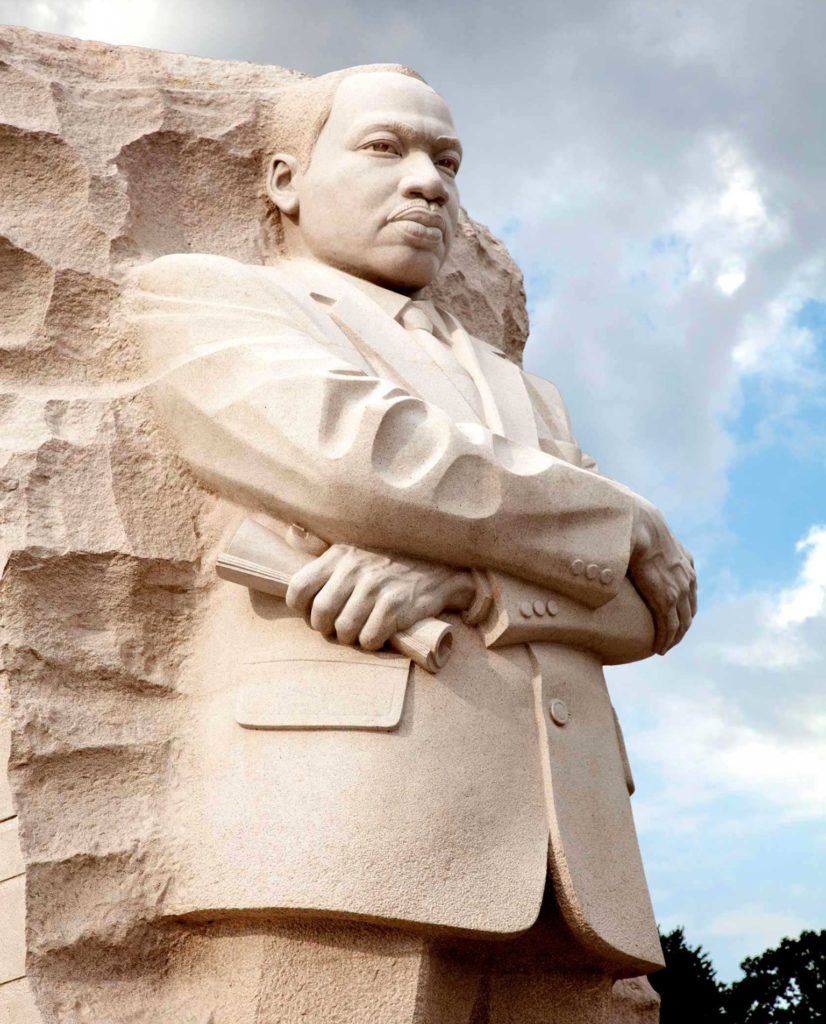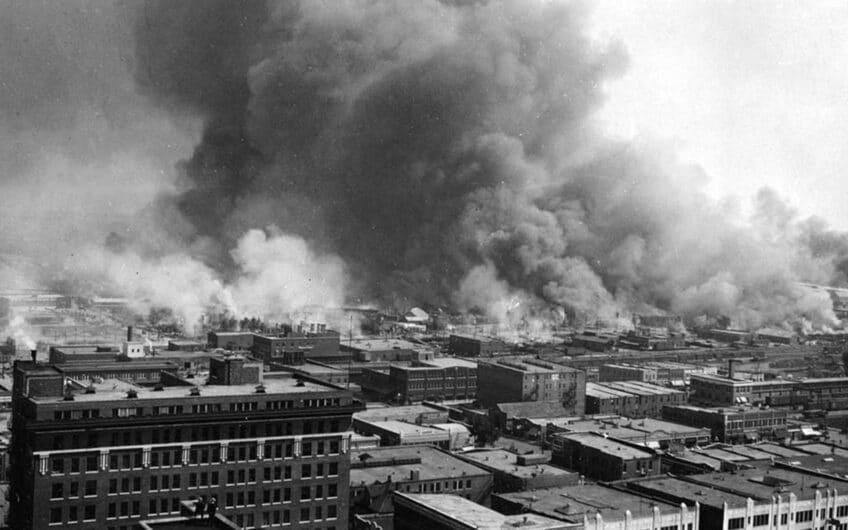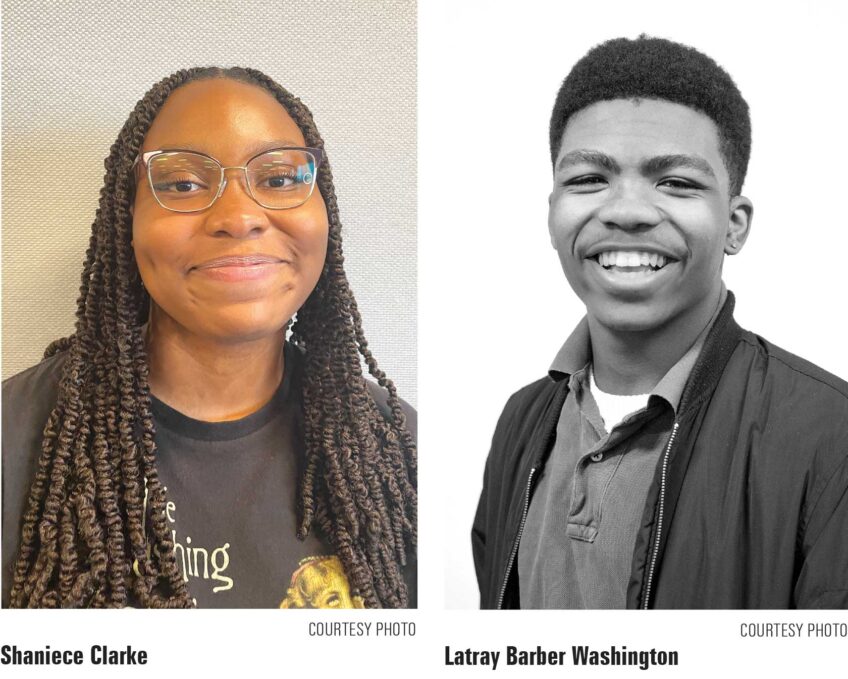
Rising 30 feet above the Tidal Basin in Washington D.C. is a granite statue of the Rev. Martin Luther King Jr. that memorializes the man and his role in the American civil rights movement. Dedicated in 2011, the park sits at 1964 Independence Ave., S.W., with the address memorializing the passage of Civil Rights Act of 1964.
The Design
Congress authorized King’s fraternity, Alpha Phi Alpha, to establish a memorial in the nation’s capitol in 1996. ROMA Design Group’s plan won an international competition with a design that paid homage to a line from King’s “I Have a Dream” speech: “With this faith, we will be able to hew out of the mountain of despair a stone of hope.:
The design depicts King’s image, the Stone of Hope, emerging from a Mountain of Despair. Each part of the monument incorporates scrape marks to symbolize struggle and movement.
The Sculpture
Chinese Master Lei Yixin became the official sculptor of the monument in 2007. According to the National Parks Service, Lei filled his studio with photographs of King. He worked with the foundation and the King family to choose the material, a shrimp pink granite, and to generate the final likeness. More than 150 granite blocks were sent to Lei’s Changsha, China, studio, where he assembled and sculpted 80 percent of the work. The statue was then shipped back stateside, and Lei completed it onsite.
The quotes engraved on the memorial were done over more than two years by Nick Benson, a third generation stone carver.
Controversy
The memorial originally included a paraphrased quote from King’s 1968 drum major sermon. It said, “I was a drum major for justice, peace and righteousness.” The original quote from the sermon, which talked about the danger of the personal ego and asked the congregation to serve others, read, “If you want to say that I was a drum major, say that I was a drum major for justice. Say that I was a drum major for peace. I was a drum major for righteousness. And all of the other shallow things will not matter.”
Eminent poet and author Maya Angelou said the paraphrase made King “look like an arrogant twit,” and the phrase seemed to be at odds with the sermon’s message of selflessness. In 2012, Secretary of the Interior Ken Salazar decided to remove the quote, and Lei returned in 2013 to modify the memorial.






